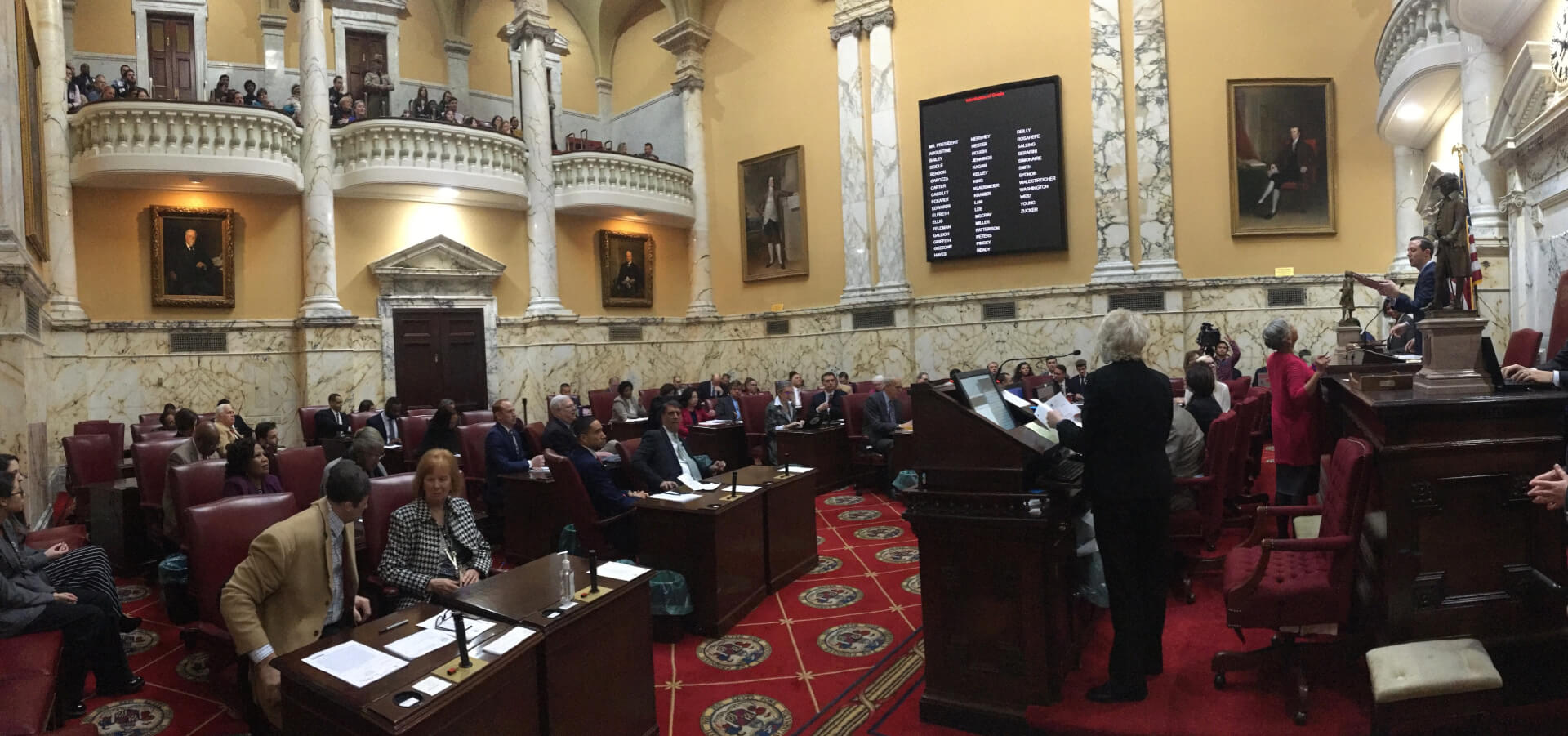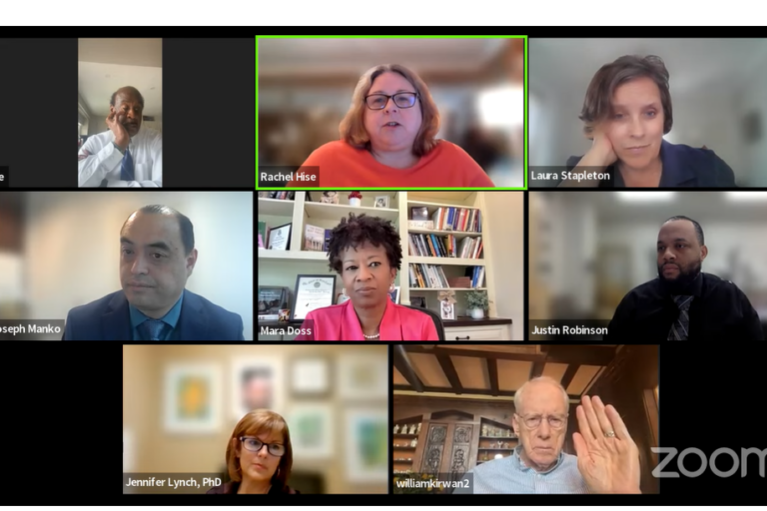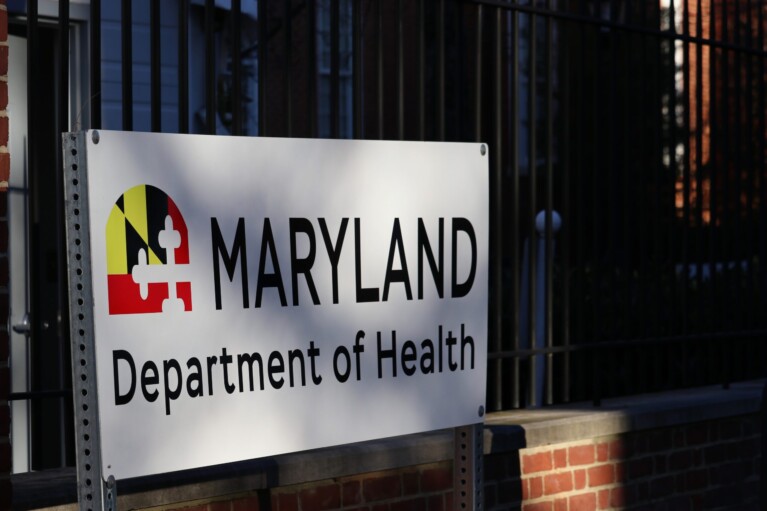AG: General Assembly Faces Legal Risks if it Meets Remotely or Offsite

The Maryland General Assembly could hold virtual committee hearings with little fear of violating the state’s Constitution, the Attorney General’s office told the legislative leaders on Friday.
But if lawmakers attempted to take final action on bills or override a gubernatorial veto while meeting online or outside the City of Annapolis, a legal challenge would be more difficult to defend, the legislature’s presiding officers were told.
The opinions were delivered by the General Assembly’s counsel, Sandra Benson Brantley, a member of Attorney General Brian E. Frosh’s legal team, following her review of the state’s constitutional requirements and the legislature’s rules.
Senate President Bill Ferguson (D-Baltimore) and House Speaker Adrienne A. Jones (D-Baltimore County) requested a ruling from the state’s top lawyers about the possibility of meeting virtually during the spring, after canceling tentative plans to hold a special session in late May.
Other states, including Virginia, have held virtual meetings, with final votes on bills, and they have met outside their statehouses, to allow for social distancing. Maryland’s legislature has not met outside the State House since the Civil War, it is believed.
In a letter to Jones’ and Ferguson’s top aides, Brantley said that committee sessions are less problematic because they are subject to fewer legal requirements than floor sessions.
“Nothing in State law requires the legislature to refer bills to committees or receive public testimony on pending legislation, orally or written,” she wrote.
Virtual meetings would be at low risk of successful legal challenge as long as they met the requirements of the Open Meetings Act, she concluded.
Floor votes that occurred online or outside the State House would be more difficult for the Attorney General’s office to defend if they were challenged, however.
Among the concerns outlined in Brantley’s memo:
- The state Constitution’s requirement that a quorum of lawmakers be physically present in each chamber;
- Questions may arise about how roll call votes are conducted and recorded;
- Questions may arise about how a remote vote would be verified and secured;
- Whether clerks and other legislative staff would need to be physically present in the State House during an official meeting
Brantley advised that “the legislature should meet in Annapolis unless it is unsafe to do so.”
For final votes on legislation to be official and immune from challenge, “legislators must have before them a bill that incorporates all of the final bill text and any adopted amendments so they can see what they are voting on; there must be a yea and nay vote on final passage of a bill, and those yeas and nays must be recorded in a reliable, secure and verifiable way to be that of the legislator; and the bill must be presented to the Governor sealed with the Great Seal.”
Ferguson’s chief of staff Yaakov Weissmann, and Jones’ chief of staff, Alexandra M. Hughes, are working through the issues that would need to be addressed whenever the legislature reconvenes — whether it’s for the 2021 session in January or earlier.
The presiding officers scrapped plans for a special session in late May due to the health risks of meeting in person during a pandemic. The legislature’s regular session was cut short this year due to the COVID-19 outbreak, but the Assembly didn’t adjourn until March 18, several days after most other in-person gatherings had ceased. The session was supposed to run until April 6.
Lawmakers were criticized for not adjourning sooner and for barring the public from the State House while legislative activity was occurring. The House of Delegates live-streams some of its proceedings; the state Senate does not — though Senate live-streams were tentatively set to begin next year. Both chambers’ sessions can be heard online.
Progressive advocates are pushing lawmakers to convene a special session this summer, to address public health and other issues they say cannot wait until January. Ferguson, Jones and Gov. Lawrence J. Hogan Jr. (R) have rebuffed those entreaties.




 Creative Commons Attribution
Creative Commons Attribution